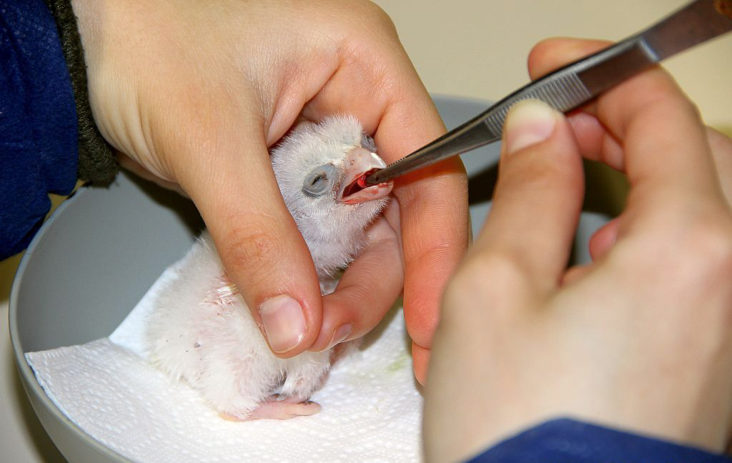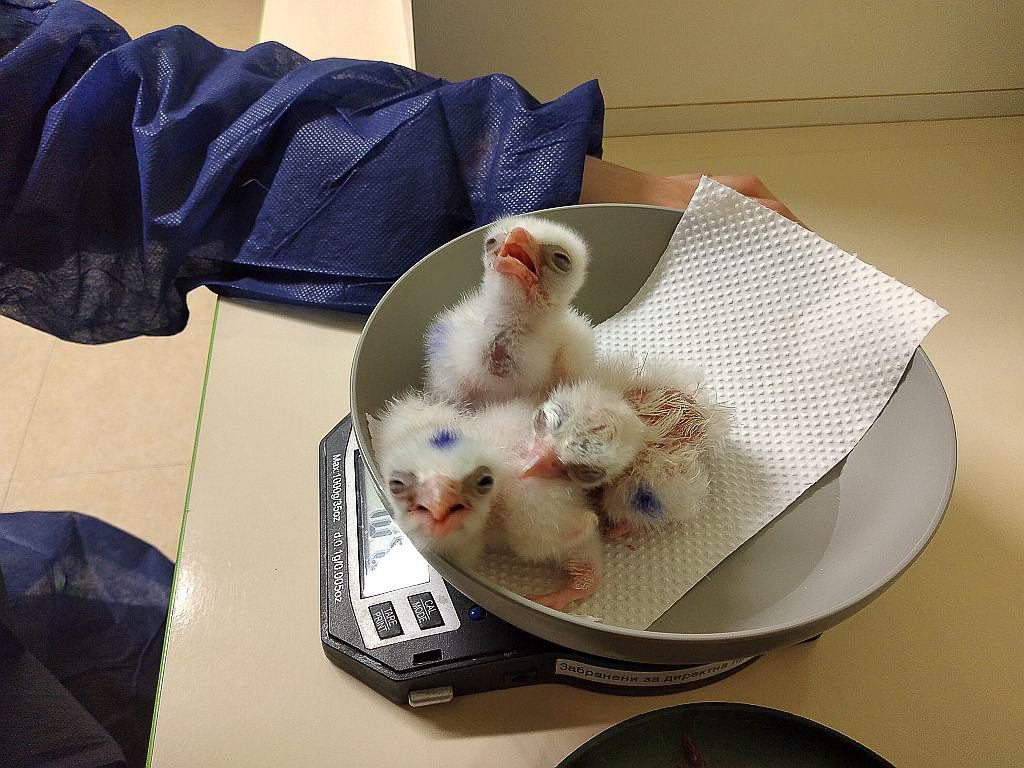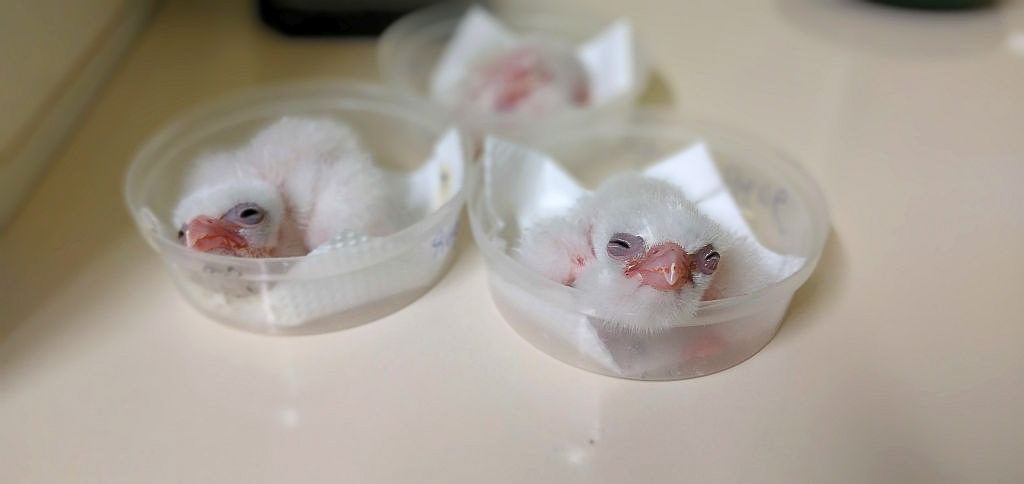Mohamed Bin Zayed Raptor Conservation Fund Leads Southern Balkan Wild Saker Falcon Reintroduction Project

Mohamed bin Zayed Raptor Conservation Fund (MBZRCF), an action-orientated organisation committed to conserving and restoring raptors and their habitats as valuable elements of biodiversity, is backing a progressive project to restore a population of wild saker falcons – in the Southern Balkans.
The project, known as the Reintroduction of the Saker Falcon in Bulgaria, is implemented by the Green Balkans Federation of Nature Conservation with the endorsement of Bulgaria’s Ministry of Environment and Water, and is the culmination of research work by the Environment Agency – Abu Dhabi (EAD) in Bulgaria.
The reintroduction project builds on EAD’s efforts between 2012 and 2014, which involved a pilot study of 14 birds being released and tracked in the area with the birds’ subsequent movements recorded in Romania, Libya, Turkey, Greece, Ukraine, Russia and Serbia. Two of the tracked birds returned to their release site.
Additional work between 2015 and 2018 resulted in a further 67 captive-bred saker falcons being released, resulting in a pair breeding in 2018 – the first confirmed nesting in the wild for 20 years. The Reintroduction of the Saker Falcon in Bulgaria project will involve the release of 100 captive-bred saker falcons into Bulgaria’s lowland agricultural areas over the next five years. The birds will be subject to ongoing monitoring for evidence of restoration of breeding pairs in the country.
The reintroduction project has recorded its first major milestone with the hatchings of five chicks during the current breeding season at the Green Balkans Wildlife Rehabilitation and Breeding Centre (Green Balkans WRBC). The first-born was a male chick, named ‘Victor’. The fantastic five were brought into the world under the expert care of the Reintroduction of the Saker Falcon project team. The project team aim to oversee the production of at least 20 chicks at the centre, to be released into the wild in the coming months.
“It is possible to restore the saker population to a favourable conservation status by facilitating gene flow between population fragments and this project is a great step in the right direction to ensure a sustainable future for saker falcons in the Balkans,” explained His Excellency Majid Al Mansouri, Managing Director of MBZRCF.
“In 2018, the first record of breeding in the wild since 1998 involved a pair of captive-bred birds from the 2015 release cohort; they returned to breed successfully again in 2019. The hatching of these five chicks is a landmark event for the Mohamed bin Zayed Raptor Conservation Fund in support of the ongoing efforts of the Green Balkans WRBC project team to facilitate restoration of breeding sakers in the Southern Balkans, which subsequently can link populations of Central Europe with those of Eastern Europe and Turkey,” Al Mansouri added.
The breeding population became extinct in the Southern Balkans in the late 20th Century, but the recent breeding by a pair released within the framework of the reintroduction project gives hope that the saker falcon can be restored to the Southern Balkans. Currently, isolated saker falcon populations exist in Central Europe, Eastern Europe and Western Kazakhstan, with Turkey and Iran hosting a low-density, dispersed breeding population.
“With the valuable support of the MBZRCF, and the ongoing cooperation between the nations, we are optimistic the wild saker falcons will be revived,” said Ivaylo Klisurov, Manager of the Green Balkans WRBC.
The breeding population of wild saker falcons had previously extended through the Balkans from Central Europe to Western Kazakhstan with the birds migrating to North Africa and the Arabian Peninsula.






